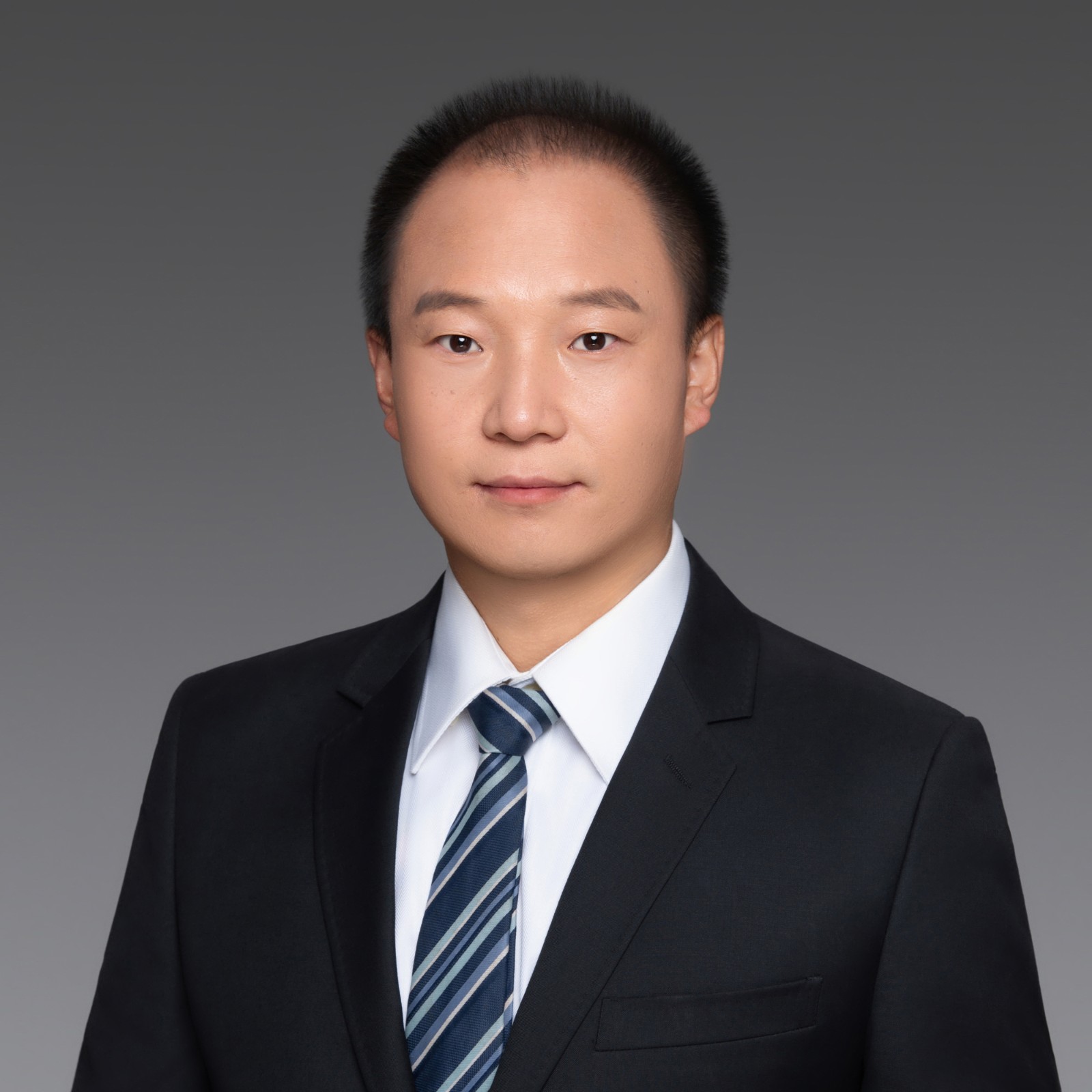 赵亮
赵亮

|
个人信息Personal Information
副研究员
博士生导师
硕士生导师
毕业院校:大连理工大学
学位:博士
所在单位:化工学院
学科:精细化工. 应用化学. 无机化学
联系方式:
电子邮箱:
Metal-Organic Cyclohelicates as Optical Receptors for Glutathione: Syntheses, Structures, and Host-Guest Behaviors
点击次数:
论文类型:期刊论文
发表时间:2011-05-02
发表刊物:CHEMISTRY-AN ASIAN JOURNAL
收录刊物:SCIE
卷号:6
期号:5
页面范围:1225-1233
ISSN号:1861-4728
关键字:glutathione; host-guest systems; metal-organic frameworks; sensors; supramolecular chemistry
摘要:Two trinuclear zinc- based cyclohelicates, Zn-PDB (PDB=[5-(di-benzylamino)-N1',N3'-bis(pyridin-2-yl-methylene)isophthalohydrazide]) and Zn-PMB (PMB=[5-(bodipy-oxy)-N1',N3'- bis(pyridin-2-ylmethylene)isophthalohydrazide]) containing dibenzylamino and BODIPY groups, respectively, were generated by incorporating two amide-containing tridentate chelators into meta-positions of a substituted phenyl ring. Single-crystal structure analysis and related spectroscopic characterizations demonstrated the formation of macrocyclic helicals both in the solid state and in solution. The host-guest behavior of the cyclohelical hosts towards gamma-glutamyl-cysteinyl-glycine (GSH) and its component amino acids was investigated by spectroscopic titrations. UV/Vis absorption titration and NMR titrations of Zn-PDB and Zn-PMB upon addition of the above-mentioned guests suggested that the Glu residue of GSH was positioned within the cavity. The COO(-) groups interacted with metal ions through static interactions. The Cys moiety of GSH interacted with the amide groups sited in host molecules through hydrogen-bonding interactions to produce measurable spectral changes. Fluorescent titrations of Zn-PMB upon the addition of GSH and ESI-MS investigations of the titration solutions confirmed the host-guest interaction modes and revealed the possible 1:1 complexation stoichiometry. These results showed that the recognition of a substrate within the cavity of functionalized metal-organic cage-like receptors could be a useful method to produce supramolecular sensors for biomolecules.
